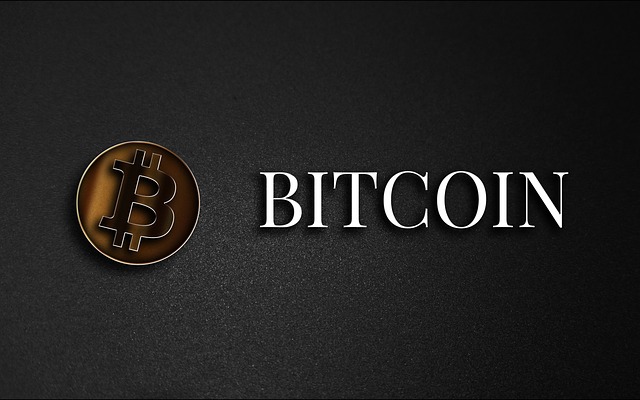Title loans offering instant cash with no credit history check provide a short-term solution for those lacking traditional credit. However, these loans come with high interest rates, limited repayment periods, and repossession risk, potentially trapping borrowers in debt. While accessible, they demand careful financial management to avoid adverse long-term effects, especially for low-income or credently challenged individuals.
In today’s financial landscape, individuals often seek alternative lending options with flexible requirements. One such option gaining traction is the title loan without the need for a credit check, offering quick access to cash. This article explores this seemingly straightforward solution. We delve into how these loans work, examine their advantages and potential drawbacks, and critically analyze their impact on consumer financial equality, raising important questions about lending practices in an era where traditional credit checks are not required.
- Exploring Title Loans Without Credit Checks
- Pros and Cons of This Alternative Lending
- Impact on Consumer Financial Equality
Exploring Title Loans Without Credit Checks

In today’s financial landscape, individuals often seek alternative lending options when traditional routes prove unattainable. Title loans, particularly those offered with no credit history required, have gained traction as a quick solution for accessing cash. This type of loan utilizes an individual’s vehicle title as collateral, allowing them to bypass rigorous credit checks typically associated with standard loans. It presents an attractive option for folks without a robust credit profile or those in urgent need of funds.
Without the need for extensive credit verification, title lenders can offer relatively swift approvals and access to capital. However, it’s crucial for borrowers to understand the implications of such short-term solutions. Loan terms are usually concise, often structured as weekly or biweekly repayments, which can lead to substantial interest charges over time. Additionally, individuals considering this option should explore repayment options and understand how these loans might impact their financial stability, especially when weighing alternatives like debt consolidation.
Pros and Cons of This Alternative Lending

Title loans offering loan approval without requiring a credit check have gained popularity as an alternative lending option for folks with limited or no credit history. This approach provides access to cash advances, enabling individuals to bridge financial gaps. One significant advantage is the flexibility in payment plans, allowing borrowers to manage repayments according to their means. It’s particularly appealing to those new to credit or facing challenges in obtaining traditional loans due to poor credit scores.
However, there are potential drawbacks to consider. Title loans often come with higher interest rates and shorter repayment periods compared to conventional loans. The collateral involved—one’s vehicle title—carries the risk of repossession if repayments aren’t met, leaving individuals vulnerable to financial strain. Moreover, while these loans might be accessible, they could perpetuate a cycle of debt if not managed prudently.
Impact on Consumer Financial Equality

In a financial landscape where traditional lending options often require rigorous credit checks, title loans offering no credit history needed have emerged as an alternative for consumers seeking rapid access to cash. This accessibility has significant implications for consumer financial equality. By removing the barrier of creditworthiness, these loans democratize access to capital, allowing individuals who might otherwise be excluded from mainstream financial services to tap into their assets. This is particularly beneficial for low-income earners or those with spotty credit histories who need emergency funds quickly, such as during unexpected expenses or crises.
However, the ease of obtaining a title loan without considering one’s financial history can lead to a cycle of debt. Flexible payments and loan extensions might seem attractive in the moment, but they could result in prolonged financial strain if not managed responsibly. It is crucial for consumers to understand that while these loans provide immediate relief, they come with significant risks, including potential loss of collateral if repayment fails. Therefore, despite offering an option for those without a credit history, title loans still require thorough financial planning and understanding to avoid adverse impacts on long-term financial equality.
Title loans without the need for a credit check present an intriguing alternative lending option, but they also raise important questions about financial equity. While this approach may provide access to capital for individuals with poor or non-existent credit histories, it could potentially trap borrowers in a cycle of debt due to high-interest rates and short repayment terms. As we navigate the benefits and drawbacks, it’s crucial to ensure that consumers are educated and protected, fostering a more equitable lending landscape for all.






